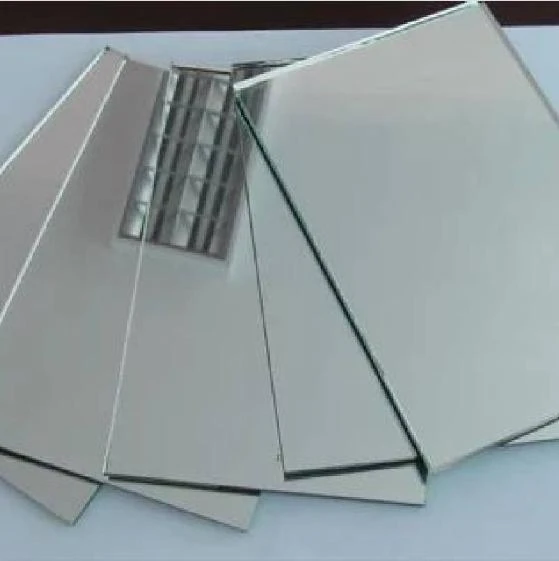Evaluating the cost of mirror glass by square foot can often feel like navigating a complex landscape, especially for those less familiar with the intricacies of the glass industry. However, leveraging expertise and a well-informed perspective can shed light on this topic, ensuring that decisions are grounded in both cost-effectiveness and quality assurance.

Mirror glass, an essential component in interior design and functional spaces, varies widely in price due to several determining factors. These factors include glass type, thickness, quality, and additional features such as tinting, beveling, or safety backing.
Understanding Mirror Glass Types and Their Impact on Cost

Basic mirror glass typically starts at a lower price point, often around $8 to $15 per square foot. This standard glass is generally polished and clear, offering a straightforward reflective surface. For those integrating mirrors into large spaces or looking for a simple enhancement, this type serves as a cost-effective choice.
However, opting for specialized mirror types can increase costs significantly. Safety or tempered mirror glass, which is critical in environments requiring shatter resistance, may range from $20 to $50 per square foot. This type ensures that if the glass does break, it crumbles into granular pieces rather than sharp shards, providing a higher safety standard.
Thickness and Its Role in Pricing
Another critical consideration is the thickness of the mirror glass. Standard residential mirrors typically feature a thickness of about 1/8 inch, but those used in gyms or commercial spaces may require 1/4 inch or more to ensure durability. The thicker the glass, the higher the cost, with prices potentially rising by 20-30% per increment of thickness.
Quality A Reflection of Price
cost of mirror glass per square foot
Quality plays a significant role, not just in price variations, but also in long-term satisfaction and performance. High-quality mirrors boast a better reflective coating and resilience against corrosion or edge deterioration. These types can sometimes double the base price of mirror glass, leading to investments where price occasionally hits $100 per square foot, mainly for designer or custom applications.
Additional Features Affecting Cost
Besides the fundamental aspects, additional features can add to the cost. For instance, beveled edges, which offer a finished and elegant look,
typically add $5 to $10 per square foot. Tinted mirror glass, which assists in controlling light and providing an appealing aesthetic, can see costs rise by 10-20%. Such customizations cater to specific design needs and often enhance the visual appeal and functionality of mirror installations.
Navigating Supplier Variances
Prices for mirror glass per square foot also vary based on local suppliers, regional economic conditions, and availability of materials. Partnering with a reputable supplier known for quality assurance and fair pricing can mitigate uncertainties. These suppliers often provide comprehensive consultations, helping you to understand not just the upfront costs but also the long-term value of your investment.
The Importance of Professional Installation
While focusing on the cost of the material per square foot is crucial, it’s equally important to consider installation. Professional services not only guarantee that mirrors are securely installed, often saving on future repair costs, but they also ensure alignment with safety standards and aesthetic goals.
An informed decision regarding mirror glass involves a balance of cost, quality, and purpose-specific needs. Whether integrating mirrors into residential settings or commercial projects, the square foot cost becomes less intimidating when guided by experience and expertise. Understanding these components not only optimizes expenditure but also ensures a reflective surface that endures, aligning with both budgetary constraints and design aspirations. This blend of knowledge, practical application, and strategic purchasing is what ultimately brings satisfaction and value to mirror glass investments.



